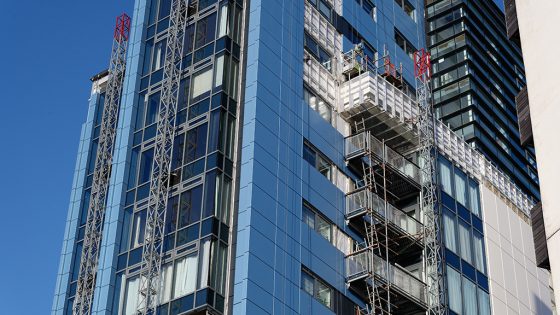Problems with a new digital system have hindered Building Safety Regulator (BSR) staff from accessing applications, its director has admitted.
Philip White, director of building safety at the Health and Safety Executive, told Construction News that IT issues delayed the regulator from processing applications.
Other key problems included difficulties in setting up expert teams and the collapse of a private building control firm.
White said: “When you set up a new digital system, there’s always going to be wrinkles. The system didn’t collapse or anything like that, but staff were finding it difficult to access some of the documents being sent in by applicants.”
He added that the IT difficulties had affected invoicing. While the BSR charges applicants a £189 flat fee and £151 per hour spent working on an application, CN has heard complaints from applicants who have yet to hear how much they will be charged.
“We’re well aware of the challenges on the invoicing. This is one of those areas where there’s been challenges on the IT front,” White said.
His comments came amid industry concerns that the BSR is taking too long to approve construction plans before work on can start on higher-risk buildings (HRBs), defined as those that are taller than 18 metres with at least two residential units.
A freedom of information request from consultancy Project Four revealed that the BSR, which has had powers to approve construction work on HRBs since October 2023, had only approved two out of 130 new-build applications by January this year.
White added that untangling poor quality Gateway 2 applications had cost the BSR more time than its IT issues.
“We make no apologies for rejecting an application on life safety matters, because we don’t want to build problems into the built environment.
“But once the industry gets to grips with it, which it has on planning Gateway 1, things will settle down.”
Part of a recent £2m funding boost from central government has been allocated to improving the digital system, while the rest will finance staff training and an external review of the BSR procedure.
Read the first instalment of Construction News’ deep dive into BSR backlogs here

